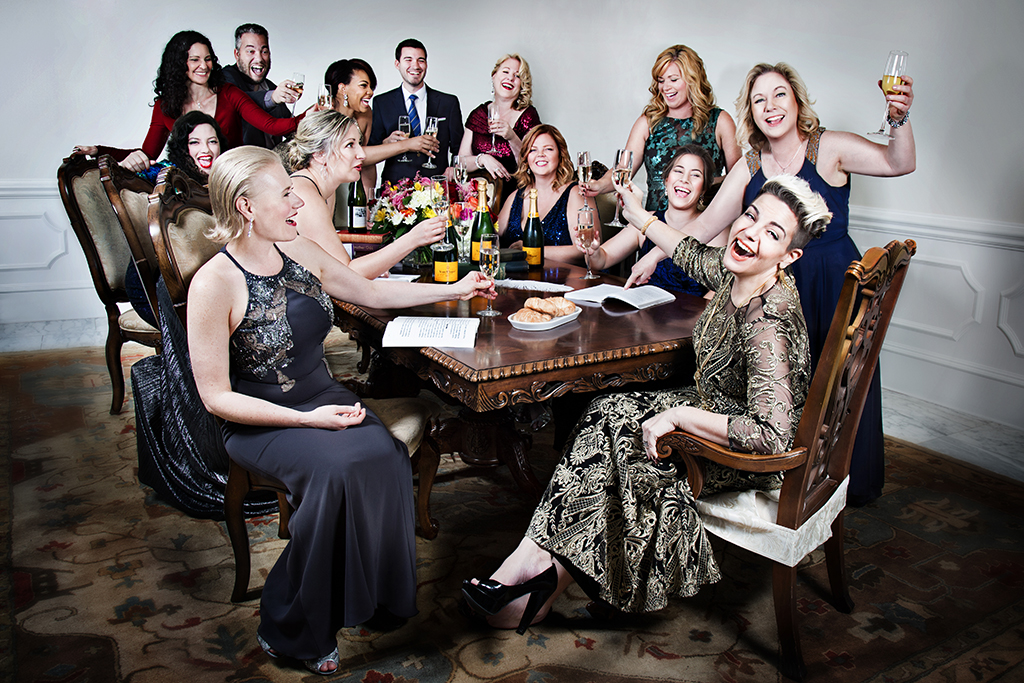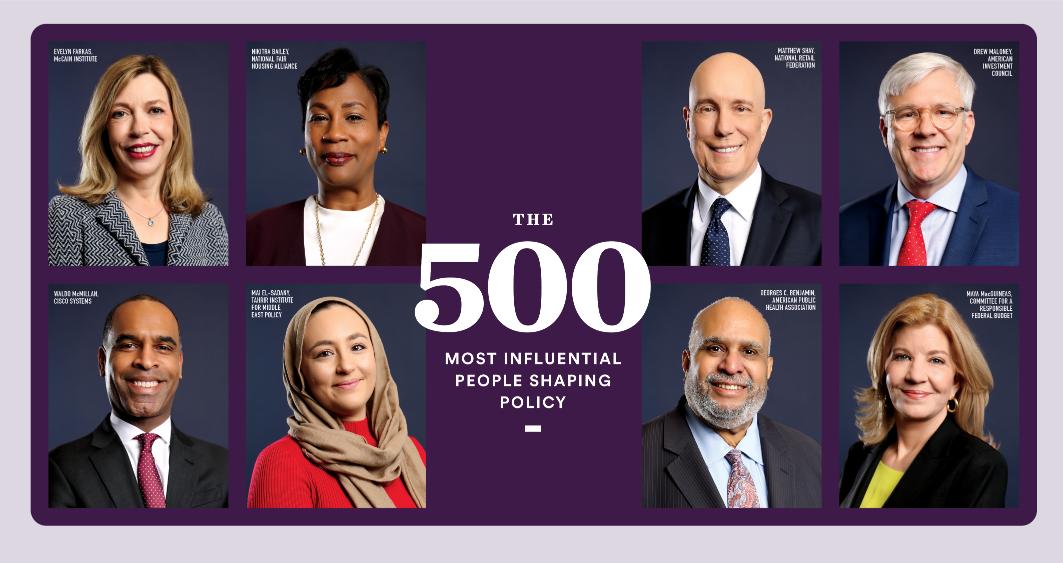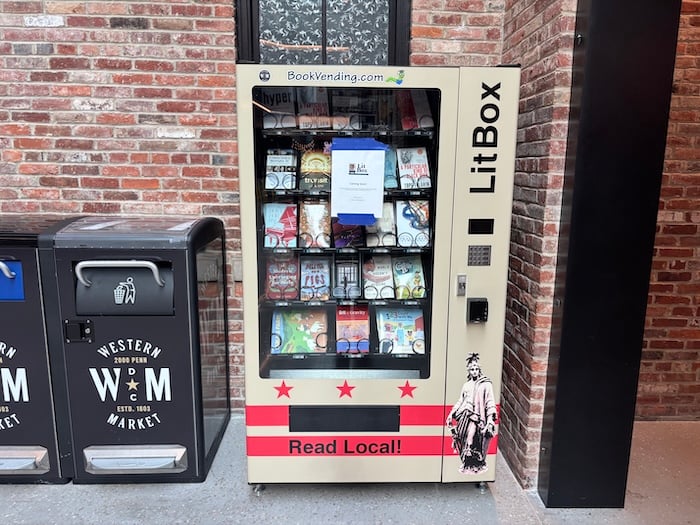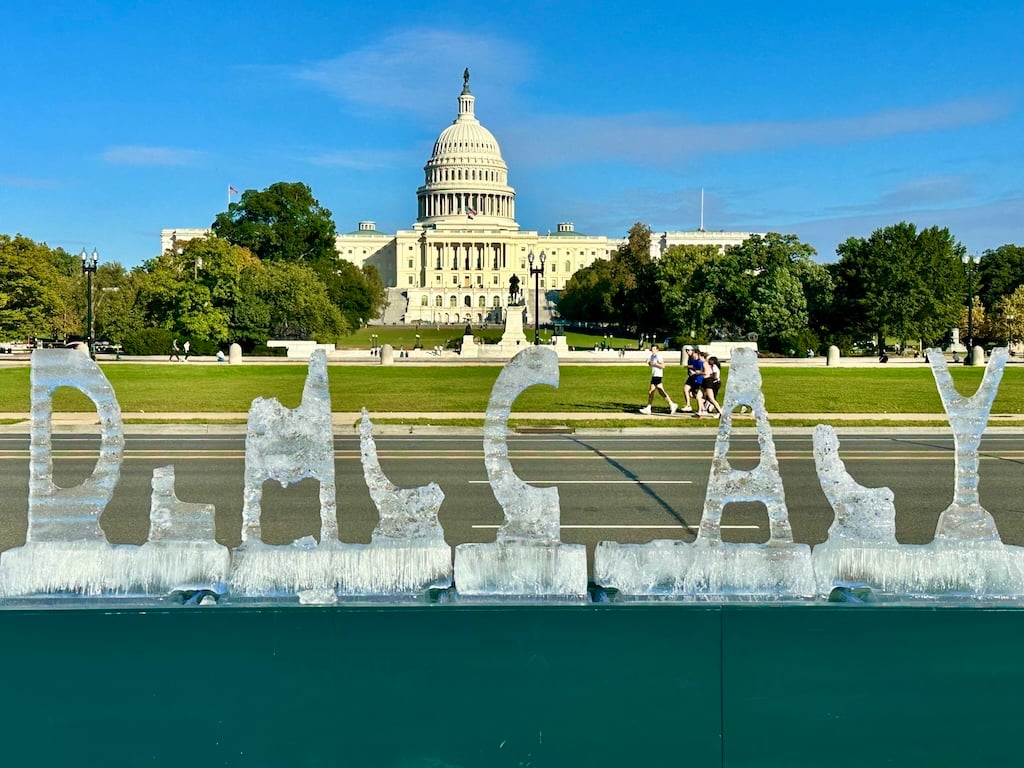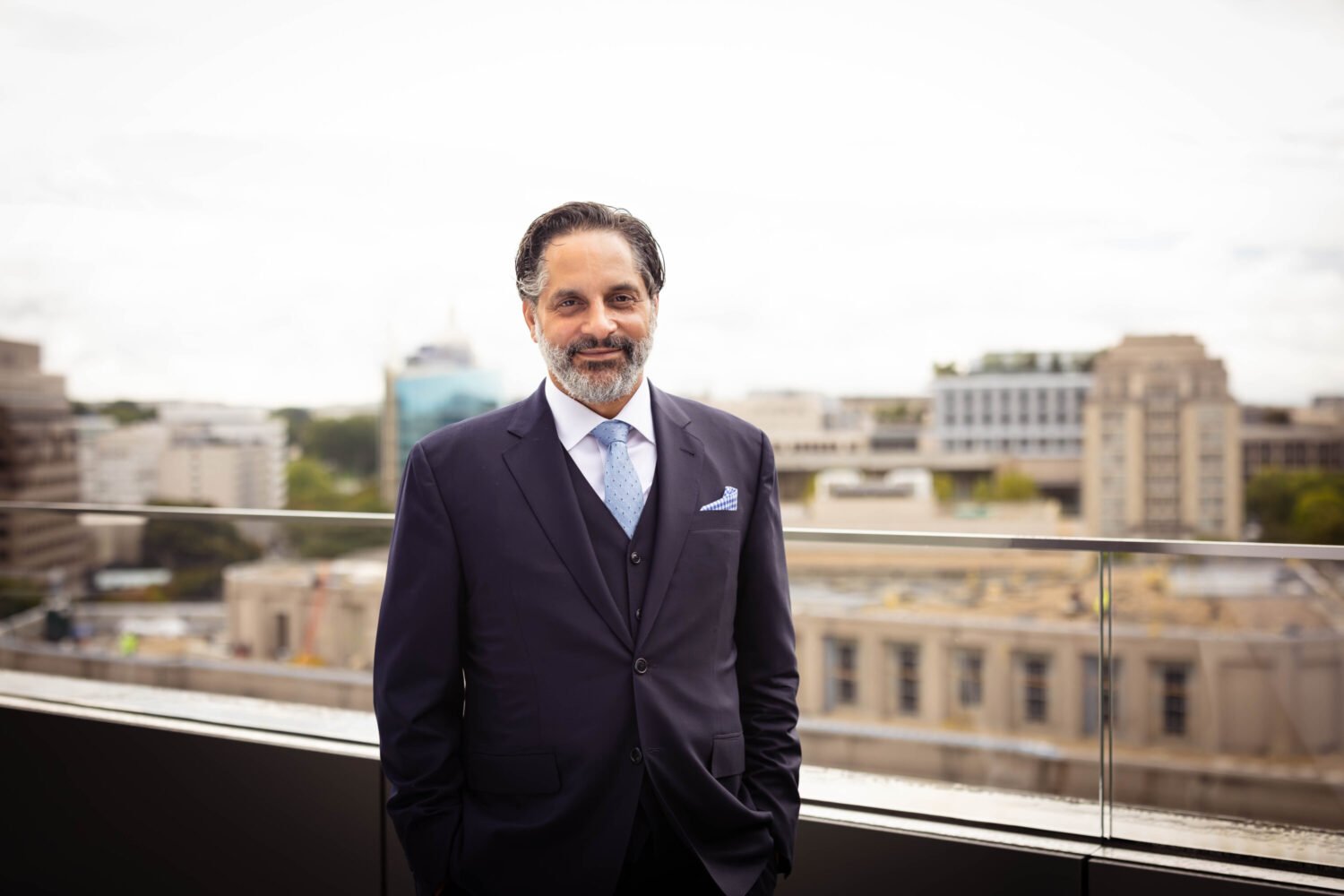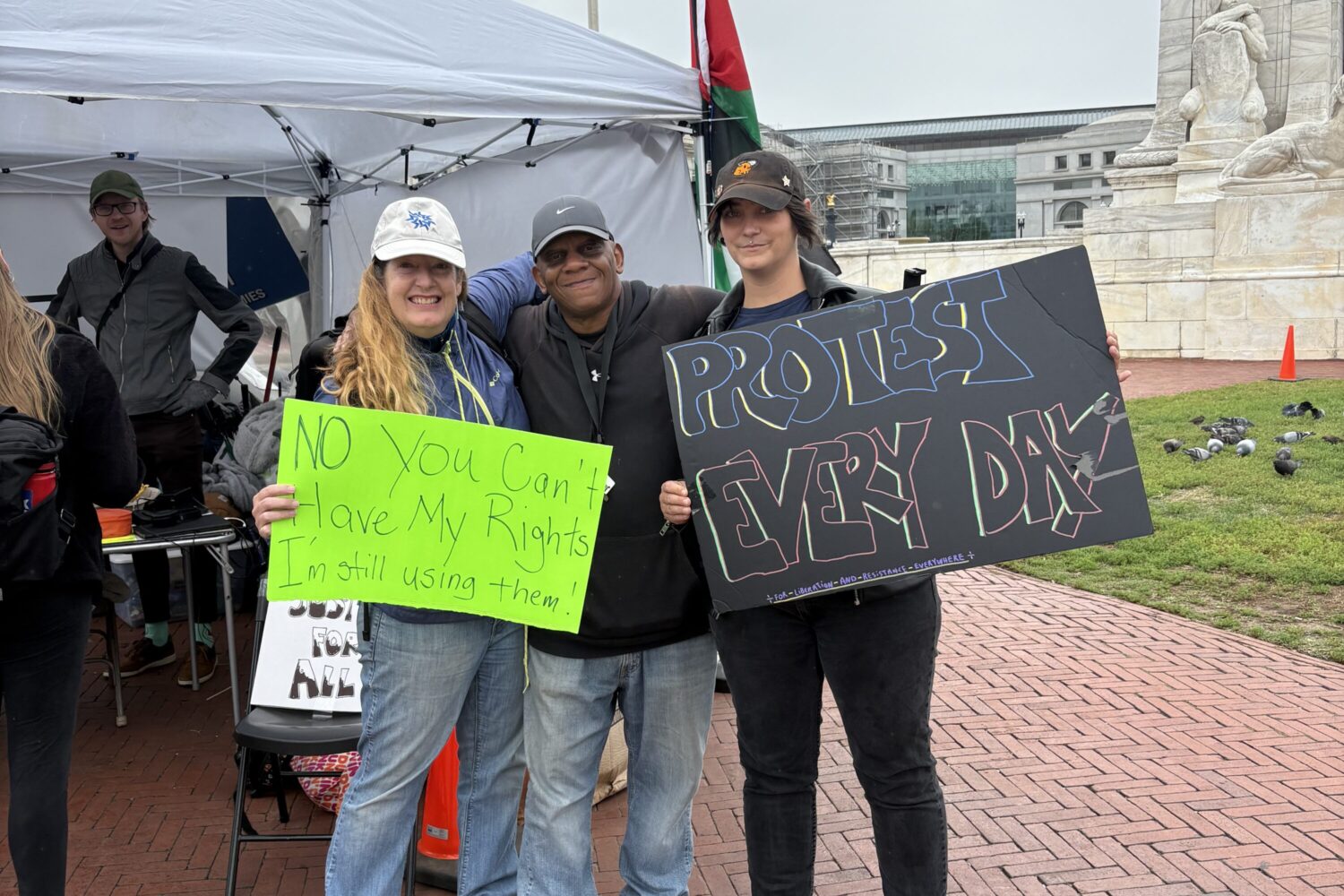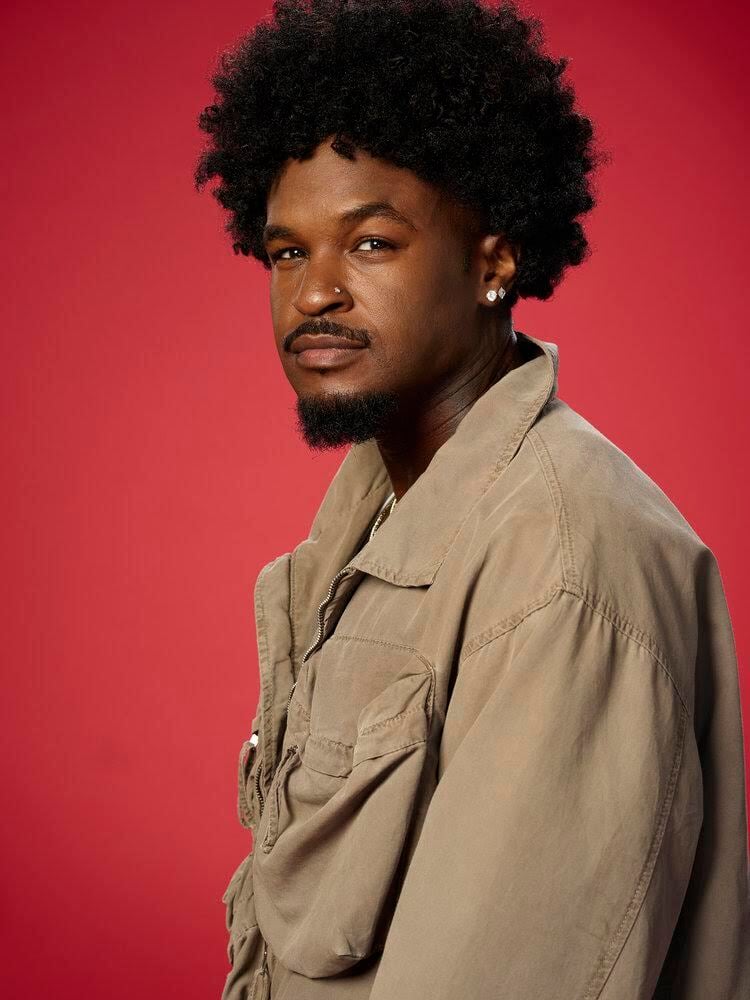It’s 1:15 on a Friday afternoon, and a group of women are gathered around an ornately carved table in a formal dining room in McLean. Some have hair slicked back, others dramatic up-dos. A rack of Rent the Runway gowns stands in a corner. More women congregate by a grand staircase in the marble foyer, sequined dresses glimmering like disco balls. The main thing distinguishing this scene from a Dynasty reboot is the gaggle hooting and hollering in front of a giant flat-screen that shows a live feed of Amazon bestsellers. Their bestsellers.
Welcome to the Author Incubator, home (or rather, castle) base for self-help books such as Whoops! I Forgot to Achieve My Potential: Discover Your Talents, Clarify Your Vision, Find Happiness and I Can’t Believe I Dated Him: The Art of Knowing When to Break Up, When to Stay Single and When You’ve Met the One. It’s here that people—mostly female—pay $15,000 and up for programs in which they conceive, write, and market a book in a minimum of nine weeks, then see it released at a party like today’s, complete with red carpet.
Though they’re technically celebrating being authors, books are beside the point: Most of today’s attendees are or want to be life coaches. Their books—self-published, few likely to make any money—are going to be the calling cards that let them set up shop in that lucrative, fast-growing field.
Self-improvement represents a $10-billion-a-year industry in the US. Books are a big chunk of it: Who Moved My Cheese?, Spencer Johnson’s 1998 motivational guide, has sold 28 million copies.
But just as often, self-help books are less about racking up sales than about building a personal brand that pays off in other ways. It’s why the likes of Steve Harvey and Ivanka Trump have both waded into the self-improvement publishing business. It’s also the promise that lured most of the less famous women celebrating their book launches in McLean today.
This afternoon’s mistress of ceremonies—in a custom-made black-and-gold ensemble—is Angela Lauria, mastermind of the Author Incubator. Since 2013, Lauria has shepherded nearly 300 electronic and print books to publication, turning her McCastle into a self-help kingdom. According to her, she’s on track to net $6 million in revenue by year’s end, and at 4 this afternoon she’ll add nine new titles to her catalog.
Lauria, 44, looks a bit like Liza Minnelli if Liza went platinum and got a fauxhawk. Her 16,000-square-foot home—where she lives with her husband and son—has eight bedrooms, a panoramic view of the Potomac River, and an indoor swimming pool.
Most of Lauria’s program does not, in fact, take place in the castle. The basic service, known as the Author’s Way, is done through biweekly live video calls, a Facebook group, and more than 12 hours of virtual-training videos, in which Lauria gives weekly assignments that essentially turn into the manuscripts. Participants finally meet with Lauria and her team for a three-day publishing-and-marketing boot camp, where they learn how to build a client list as well as strategies to convert it to paying customers. After an editorial massage by Lauria, an e-book is born.
For another $35,000, she offers an upgrade that gives writers a year of Lauria’s marketing work, a dedicated editor (most manuscripts need a line edit, but some require, in Lauria’s words, a “holy shit” edit), and a print version of their book released by her own publishing house, Difference Press. Dozens of titles, Lauria says, have made it into chains including Barnes & Noble and Target.
“If you are feeling called to write a book that makes a difference,” says Lauria in a promotional video, “then you have found the right team to support you . . . .” Perhaps owing to her GW theater minor (she majored in journalism), Lauria is a natural pitchwoman: “We are looking for people who are called to leave this planet significantly better than they found it.”
With all her flair, it may seem as if Lauria is selling cubic zirconia. But behind the flash is a genuine service: the prospect of a livelihood in the form of customers—something that often eludes writers and coaches alike who don’t consider marketing to be among their skills.
The book that transformed Angela Lauria’s life is If I Am So Smart, Why Can’t I Lose Weight?: Tools to Get It Done by Brooke Castillo. At one time more than 300 pounds, Lauria kept gaining and losing the same 100. Castillo’s book helped her identify the emotional component to her eating and lose the weight. One of the reasons people overeat, Castillo writes, is a “complete disconnect” from their bodies.
“I was assigned a role in my family,” Lauria says. “My sister was the pretty one. I was the smart one.” As long as she stayed in her “smart box,” she was safe. “Every time I’d lose weight, I’d deal with advances from men and bosses.” So she’d pile the pounds back on. Castillo’s book offers concrete steps, such as stopping to write down the feeling experienced after each bite of food. “I’ve read Foucault and Derrida, and I love those books,” says Lauria, who has a PhD in communications from the European Graduate School, “but when you’re done, there’s nothing to do.”
To develop her program, she performed content analysis on 100 of the most successful self-help books—from Marianne Williamson’s A Return to Love to Caroline Myss’s Anatomy of the Spirit. Her method involved entering attributes into a database, from target audience to the problem the author was trying to solve, then distilling the principles into a ten-step lesson plan called the Difference Process. “Only one of those steps,” Lauria says, “is writing your book.”
One of the assignments is to write a love letter to your ideal reader. Melissa Morrison said in hers: “She feels unfulfilled and wants to play bigger in her life, but has no idea where to get started.” Morrison, 36, is author of the e-book Unstick Your Stuck: How to Find Passion, Gain Clarity, and Play Bigger in Your Life, number one in Amazon’s job-hunting category on the day of the launch party (but alas, no longer).
“She’s selling the experience of being an author, a culture changer,” says an agent. “More power to her.”
Morrison might have sent that letter to herself five years ago. An accountant at an Old Town CPA firm, she was playing softball in a slow-pitch league when she was hit on the head with the ball—severely enough to cause traumatic brain injury. Unable to return to work, she found Lauria through an ad on Facebook.
“My brain injury happened for a reason—to help other people who were unhappy,” Morrison says. “I wanted them to have the same wakeup call without literally being hit in the head.” She uses her personal experience to work with TBI patients at Inova Fairfax hospital, where she volunteers with the Trauma Survivors Network. Like many authors at today’s event, Morrison is using her book to build a life-coaching business.
Unheard of a few decades ago, life coaching has become a $2-billion-a-year industry, with some 45,000 practitioners worldwide. One selling point is that anyone can do it—from a person with little education to someone with a degree in clinical psychology. Institutions such as Harvard offer certification—Lauria was certified as a “publishing coach” by the International Institute of Coaching Studies in 2011 and completed her life-coach training in 2013, certified by none other than O Magazine columnist Martha Beck—but some online programs do the same for as little as $69.99.
“People won’t take you seriously if you don’t have a book,” says Pleasance Silicki, author of Delight: Eight Principles for Living With Joy and Ease. “I just assumed you had to be a good writer.” Having shuttered her DC yoga studio, Little Omm, when the rent doubled, Silicki sold stocks, among other methods, to pay Lauria’s fee. “I have ‘author’ in my title these days. If I just put ‘yogi, meditator, and mom,’ people are going to say, ‘Where’s the expertise in that?’ ” Silicki went from working seven days a week in her yoga business—where, after payroll and overhead, she netted about $50,000 a year—to working a few days a week writing newsletters and blog posts and meeting with clients. She’s on track to make six figures this year.
So is Amy Birks, author of The Hustle-Free Business: A Simple 7-Step Plan to Grow, Get Results, and Have FUN! When Birks came to Lauria in August 2016, she was making $65,000 a year helping five clients create marketing strategies for their businesses. “But my offerings were willy-nilly,” she says. “I didn’t know what my intellectual property was.” She wrote her book “to get clarity.” Eight months later, she was earning $125,000; by the end of 2017, she projects earnings of $250,000. Birks now shares what she calls her “genius” with a list of 25 clients.
“You have to sell things to help people,” Angela Lauria says. “You can’t just read a book and expect to lose weight.” Her own battle of the bulge cost $14,000, the price of a retreat and coaching program offered by Brooke Castillo.
But for now, at least from 4 to 5 today, the nine books being released are downloadable for free. That’s why most will hit number one in some category on Amazon. It’s also why so many of Lauria’s authors refer to themselves as “bestselling.”
“There is a bestseller in every category in every given hour,” says DC literary agent Gail Ross, whose clients include Eric Holder and Jonathan Chait. “Especially if you give that book away for an hour.”
To date, only one of Lauria’s authors, Sophie Sabbage, has landed a deal with one of the big houses for her book. In January, Penguin Random House released The Cancer Whisperer: Finding Courage, Direction, and the Unlikely Gifts of Cancer. (According to Nielsen BookScan, which provides point-of-sale data for the publishing industry, 999 hardcover copies have sold; the paperback is due in January 2018.) No matter. Lauria makes her authors feel they’re about to get a Pulitzer.

“This is one big thumbs-up to the universe that we’re headed in the right direction,” she says from a small stage. By now, everyone has removed her party shoes and is padding around in stocking feet. Friends and clients of the authors and Lauria have signed up to watch the proceedings on a web feed, and a hair-and-makeup team is on hand to make sure the authors are camera-ready. “You can’t mess this up,” Lauria assures them. “Now,” she calls to her glam squad, “touch me up!”
Lauria and her eating-up-the-stage presence border on camp, like Christopher Guest sending up a Tony Robbins “Unleash the Power Within” seminar. For more than two hours, she brings her authors onstage for an Access Hollywood–type interview—“Weren’t you six months pregnant when you started writing your book?” she reminds the author of Magnetic Hiring: Your Company’s Secret Weapon to Attracting Top Cyber Security Talent, who has brought her baby—while never forgetting to give viewers a call to action: “Follow the link on your screen to Amazon for your free downloads!”
It’s the nonstop patter of a QVC host—which is to say Lauria’s resting heart rate. This is the woman who wrote her latest, Make ’Em Beg to Publish Your Book: How to Reach a Larger Audience & Make a Full-Time Income in the Extremely Overcrowded World of Personal Development, on a weeklong cruise down the Danube. (Asked how the book was doing, Lauria was dodgy. “The answer is thousands,” she e-mailed, “but there are so many variables, we would literally need a three-hour meeting to define terms.”) “If everything we’ve talked about in this book doesn’t light a fire under the publisher’s ass to pick you,” she says in Make ’Em Beg, “it’s time to go nuclear.”
Going nuclear, in Incubator parlance, is self-publishing.
Lauria’s authors talk about their “amazing journey” and how “safe and connected” they felt during their incubation.
“There’s so much abundance with her,” says Cynthia Kane, an editor on staff who has an MFA in creative nonfiction from Sarah Lawrence. “I thought to be a writer you had to write for the New Yorker and publish your book with Knopf.” But after editing more than 30 books for Lauria’s authors, she has adjusted her thinking. “What Angela is doing makes me question: What is a writer? What is a publishing house?”
According to Publishers Weekly, self-publishing is flourishing, with ISBN registrations seeing a 21-percent increase from 2014 to 2015 (the most recent data available) and new services—such as KDP Select, Amazon’s Kindle-release program—making it easier to launch self-published material.
So why bother with the likes of Harper-Collins? “The business model is broken,” Lauria says. “It’s designed to keep authors poor and readers from permanent change.” Calling traditional publishers “payday loan sharks,” she explains that “the only reason they’re giving you that advance is they get a 90-percent return on their investment.”
Agent Gail Ross sees it differently: “It’s not clear how she’s doing the math. Publishing is not a very profitable business. Most books don’t make back their advance,” meaning traditional publishers are on the hook if a book doesn’t sell—and are thus motivated to spend editing and marketing money to avoid that fate. “What [Lauria] is doing is a whole different form of publishing. She’s selling the experience of being an author, of being a culture changer. More power to her—we all want to belong to something.”
“I’m not turning anyone into a J.K. Rowling,” says Lauria. “I’m teaching sales and direct-response marketing.”
By 6 o’clock, the up-dos have come undone, the lashes are off, and everyone looks ready for a sandwich. Kelli Reese, author of The Destiny Roadmap: The Little Guidebook to Face Your Fears, Embrace Change, and Discover Your Calling, had the day’s most free downloads—2,118.
Before they head to a dinner in Tysons, a slight brunette—who has stood out for her lack of sequins—takes the stage. The opening of the rock band American Authors’ hit “Best Day of My Life” plays over a karaoke machine: “This is gonna be the best day of my life, my liiiiiife.” Soon everyone is singing and dancing like kids at a bar mitzvah.
Despite being in the basement of a 21st-century house masquerading as a castle, it’s an honest-to-God fairy-tale moment.
Correction: A previous version of this article stated that the Author Incubator program upgrade was $20,000. The correct number is $35,000.
This article appears in the November 2017 issue of Washingtonian.

